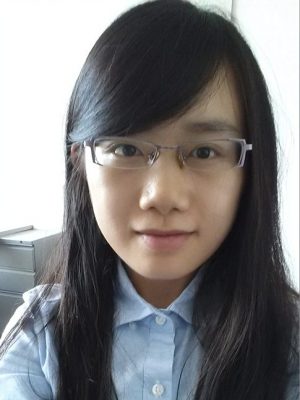
Yang Yang
Carnegie Mellon University
PhD Student
Yang Yang is a PhD student in Computational Biology and a Master’s student in Machine Learning (secondary degree) in the School of Computer Science (SCS) at Carnegie Mellon University, advised by Dr. Jian Ma. She received a bachelor’s degree in Automation with honors and a master’s degree in Control Science and Engineering both from Tsinghua University in China. Her primary research interests are computational biology and machine learning applications in biomedicine. She received the Outstanding Research Accomplishment Award from the PhD Program in Computational Biology at CMU SCS in 2018. Homepage: http://www.cs.cmu.edu/~yy3/
Research Abstract:
Developing theoretically-sound computer science techniques to address significant biomedical problems remains a challenge. My major research interest is to develop machine learning models to decode the information encoded in the human genome and its functional impact, which is crucial to understand human diseases. My PhD work has been primarily focused on comparative genomics, which is of fundamental importance in computational biology. I have particular interest in uncovering the principles of genome organization and function through cross-species comparisons. In human and other eukaryotes, chromosomes are organized in 3D in cell nucleus. However, our understanding of the mechanisms underlying 3D genome is still very limited and algorithms that can facilitate cross-species pattern recognition of 3D genome have not been explored. To address this, I have developed two new probabilistic models: Phylo-HMGP and Phylo-HMRF, which both jointly model the temporal dependencies across species and the spatial dependencies among genomic loci. The methods provide the first generic framework for comparative pattern identification on 1D and 3D multi-species continuous genomic signals, respectively, to help reveal genomic regions with conserved or lineage-specific regulatory roles. My future research plan includes the further development and generalization of the algorithms I have developed to model other important biological contexts, e.g., cell differentiation and human cell atlas, to delineate the spatial and temporal gene regulatory program at single cell resolution. I believe such algorithm development may also facilitate the identification of potential molecular mechanisms of human diseases.